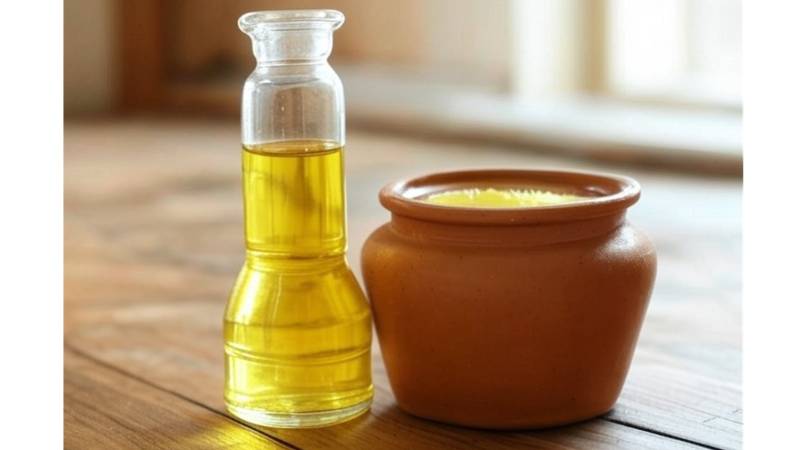
For as long as I can remember, we've been told what's good for us and what's not. In the 1990s, ghee was the villain—demonised as the root of all heart problems. Shiny bottles of "heart-healthy" seed oils took over our kitchens, their advertisements blaring from every TV screen. Fast-forward to today, and new research suggests that these oils—highly processed and linked to inflammation—may be far worse than the ghee we so readily abandoned.
This isn't just about ghee and oils. Remember when a glass of red wine was considered good for the heart? Now, we're told even a single drop of alcohol may increase cancer risk. Antidepressants? First marketed as fixing a "chemical imbalance" in the brain, we now know little evidence supports that claim. Scientists aren't sure how these medications work, yet millions rely on them to function.
Even the COVID-19 vaccines, once hailed as humanity's salvation, came with their own set of disappointments. Vaccine companies profited immensely, yet their initial promises of long-term immunity faltered, leaving many questioning the transparency and efficacy of these rushed solutions.
Instead of unquestioningly accepting or rejecting what we're told, we need to learn to ask the right questions. Who funds the studies that guide public health?
It's dizzying. The constant cycle of learning, unlearning, and relearning has left us questioning: what do we trust? Who do we believe? Are these shifts in knowledge the natural evolution of science, or have industries shaped "truth" to prioritise profits over people?
The search for authenticity in 2025
Reflecting on these contradictions, I reach for authenticity in what I consume. I've started sourcing desi ghee directly from villages around Multan—calling up people I trust who make it at home. It's expensive—almost Rs 3,500 per kilogram—but I believe it's better than the mass-produced ghee sold by well-known dairy brands for half the price. The local producers swear by its purity, and I feel a sense of connection to something real, something untainted by big marketing campaigns.
This is a broader trend I see in Pakistan: people are turning back to organic, homemade solutions. Local dairies sell packaged desi ghee, homemade butter and organic milk, tapping into a desire for authenticity that many of us feel. There's a growing rejection of industrially processed food, a quiet rebellion against decades of being misled.
But this isn't just about food. It's about the larger question of trust. How do we reconcile the past lies with today's truths—and how do we know today's truths won't become tomorrow's lies? Do we trust science to self-correct, or do we approach everything with scepticism?
As I look ahead, 2025 allows us to become more discerning. Instead of unquestioningly accepting or rejecting what we're told, we need to learn to ask the right questions. Who funds the studies that guide public health? What are the long-term interests of industries shaping our choices?
More importantly, we need to reclaim control—whether it's about what we eat, how we heal, or what we believe. Buying ghee from my village is more than just nostalgia; it's a small act of defiance against a system that has profited from keeping us in the dark.
As we move forward, the lesson is this: truth may be a moving target, but it's up to us to stay vigilant, question, and seek authenticity in every aspect of our lives. 2025 will challenge us to rethink what we know and how we know it—and that's a conversation worth having.

